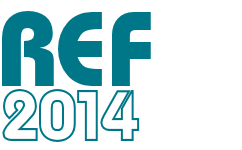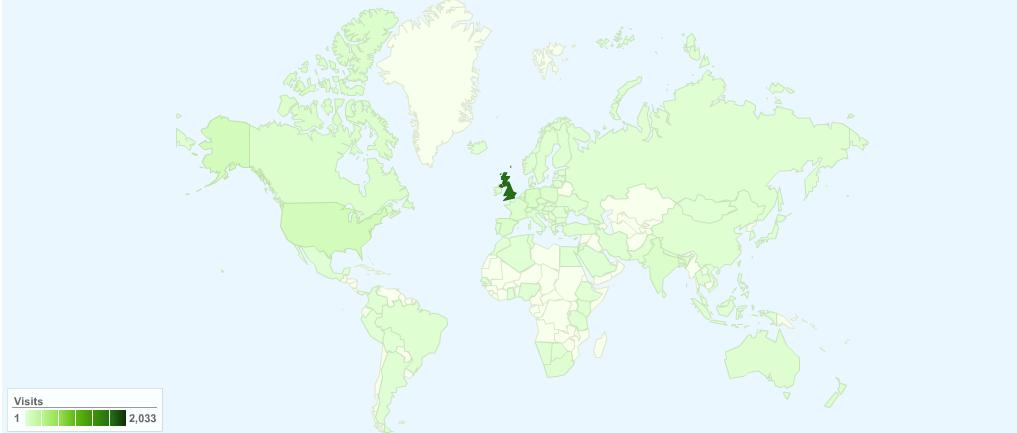The Research Councils have created central web-hubs with all the key data on success rates in addition to other useful data on funded grants and overall budgets.
The data for each council can be accessed from the following links:
The ESRC seems to have one of the lowest success rates. In the Nov/Dec 2010 round of their responsive mode grants there was only an 8% success rate.
The success rates for NERC varied by the scheme, in the last round of the Consortium grants only 1 was funded. If your research falls within the remit of NERC and you are within 3 years of your first academic post I would encourage you to consider putting together an application for the new investigator scheme as this had the highest success rate of 23% in the last round. Unfortunately their small grants scheme is about to be withdrawn after the September 2011 deadline.
For the AHRC the schemes with the highest success rates were the fellowship schemes and the research networking scheme. The success rates were 40% and 50% for the fellowships and early career fellowships, and 48% for the research networking in 2010-11.
If you would like guidance on which funder and scheme to apply to then our internal peer review service can provide this along with feedback on your application.







 The
The 
 We would really appreciate your feedback on the new budget screen that we are designing for RED.
We would really appreciate your feedback on the new budget screen that we are designing for RED. 

 Hot on the heels of our REF light-touch review of outputs last winter, our subsequent mini-mock exercise in two UOAs, and the release of the final
Hot on the heels of our REF light-touch review of outputs last winter, our subsequent mini-mock exercise in two UOAs, and the release of the final  In May/June this year there was a lot of discussion on the
In May/June this year there was a lot of discussion on the 
 This week’s messages of good luck are due to Darren Lilleker (MS) and to Chris Pullen (MS) for submitting large bids to the Leverhulme Trust, Gill Jordan (HSC) for submitting a bid to the South West Strategic Health Authority to explore the role of mentorship in supporting learning and assessment in practice, Edwin van Teijlingen (HSC) for submitting a bid to Bliss Innovation in Care Fund, Steve Calver and the Market Research Group (ST) for submitting a bid to Weymouth College to host focus groups, and to Sofronis Efstathiou (MS) for an animation pilot development bid to Nick Rose Ltd. It has also been a busy week for bidding to the EC Marie Curie fellowship schemes – bids have been submitted by Bogdan Gabrys (DEC), Jian Chang (MS), Rob Britton (ApSci) and Richard Stillman (ApSci). The Marie Curie schemes offer opportunities for mobility and research training, whilst also building institutional research capacity. Good luck to all of you!
This week’s messages of good luck are due to Darren Lilleker (MS) and to Chris Pullen (MS) for submitting large bids to the Leverhulme Trust, Gill Jordan (HSC) for submitting a bid to the South West Strategic Health Authority to explore the role of mentorship in supporting learning and assessment in practice, Edwin van Teijlingen (HSC) for submitting a bid to Bliss Innovation in Care Fund, Steve Calver and the Market Research Group (ST) for submitting a bid to Weymouth College to host focus groups, and to Sofronis Efstathiou (MS) for an animation pilot development bid to Nick Rose Ltd. It has also been a busy week for bidding to the EC Marie Curie fellowship schemes – bids have been submitted by Bogdan Gabrys (DEC), Jian Chang (MS), Rob Britton (ApSci) and Richard Stillman (ApSci). The Marie Curie schemes offer opportunities for mobility and research training, whilst also building institutional research capacity. Good luck to all of you! Congratulations are due to Steve Richards and Lisa Stuchberry (ST) for winning a contract with LHC Architecture, Jonathan Wardle for winning CPD contracts with the BBC, Skillset and Met Film Ltd, Clive Andrewes for securing the repeat contract for the 2011-12 GP work and also for winning a contract with Dorset Community Health Services for a PDU accreditation, and to Joanne Holmes for running a nutrition course for Partners in Care. Many congratulations are also due to Bronwen Russell and the Bournemouth Archaeology team for securing three new contracts, all with Wardell Armstrong, Steve Calver and the Market Research Group (ST) for a small contract with Holburne Museum in Bath to undertake and analyse a survey, Liam Toms and the Creative Enterprise Bureau (MS) for winning a contract with Hidden Renewable Energy Ltd, Amber Burton (MS) for winning a contract with Dorset Wildlife Trust, Demetra Andreou (ApSci) for winning a grant from the Fisheries Society of the British Isles and to David Osselton (ApSci) for securing funding from Randox to explore eyewitness techniques. Well done and keep up the good work!
Congratulations are due to Steve Richards and Lisa Stuchberry (ST) for winning a contract with LHC Architecture, Jonathan Wardle for winning CPD contracts with the BBC, Skillset and Met Film Ltd, Clive Andrewes for securing the repeat contract for the 2011-12 GP work and also for winning a contract with Dorset Community Health Services for a PDU accreditation, and to Joanne Holmes for running a nutrition course for Partners in Care. Many congratulations are also due to Bronwen Russell and the Bournemouth Archaeology team for securing three new contracts, all with Wardell Armstrong, Steve Calver and the Market Research Group (ST) for a small contract with Holburne Museum in Bath to undertake and analyse a survey, Liam Toms and the Creative Enterprise Bureau (MS) for winning a contract with Hidden Renewable Energy Ltd, Amber Burton (MS) for winning a contract with Dorset Wildlife Trust, Demetra Andreou (ApSci) for winning a grant from the Fisheries Society of the British Isles and to David Osselton (ApSci) for securing funding from Randox to explore eyewitness techniques. Well done and keep up the good work!
















 New Nepal scoping review on maternal & neonatal health
New Nepal scoping review on maternal & neonatal health Fourth INRC Symposium: From Clinical Applications to Neuro-Inspired Computation
Fourth INRC Symposium: From Clinical Applications to Neuro-Inspired Computation Writing policy briefs
Writing policy briefs Upholding Excellence: The Concordat to Support Research Integrity
Upholding Excellence: The Concordat to Support Research Integrity ECR Funding Open Call: Research Culture & Community Grant – Application Deadline Friday 12 December
ECR Funding Open Call: Research Culture & Community Grant – Application Deadline Friday 12 December MSCA Postdoctoral Fellowships 2025 Call
MSCA Postdoctoral Fellowships 2025 Call ERC Advanced Grant 2025 Webinar
ERC Advanced Grant 2025 Webinar Horizon Europe Work Programme 2025 Published
Horizon Europe Work Programme 2025 Published Horizon Europe 2025 Work Programme pre-Published
Horizon Europe 2025 Work Programme pre-Published Update on UKRO services
Update on UKRO services European research project exploring use of ‘virtual twins’ to better manage metabolic associated fatty liver disease
European research project exploring use of ‘virtual twins’ to better manage metabolic associated fatty liver disease